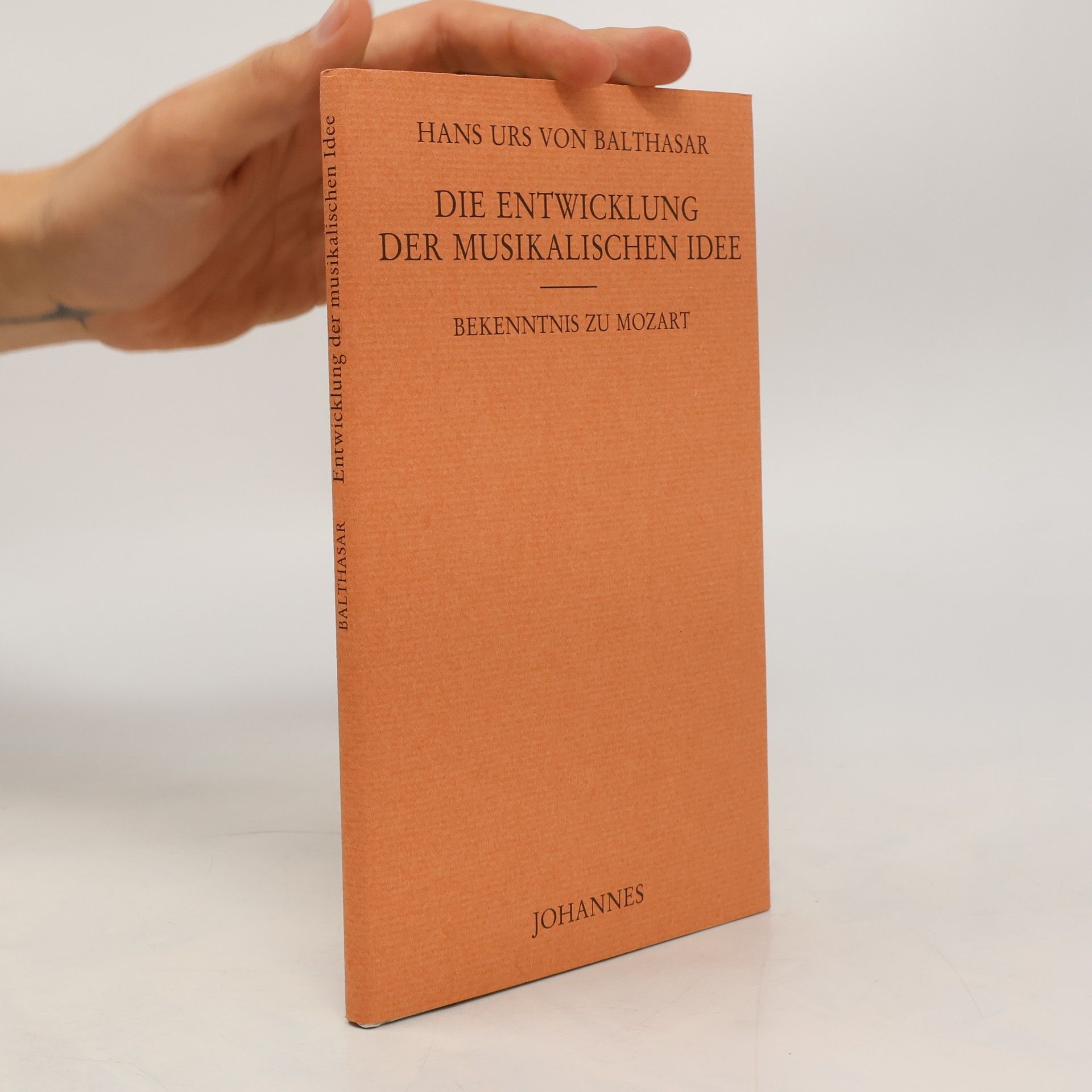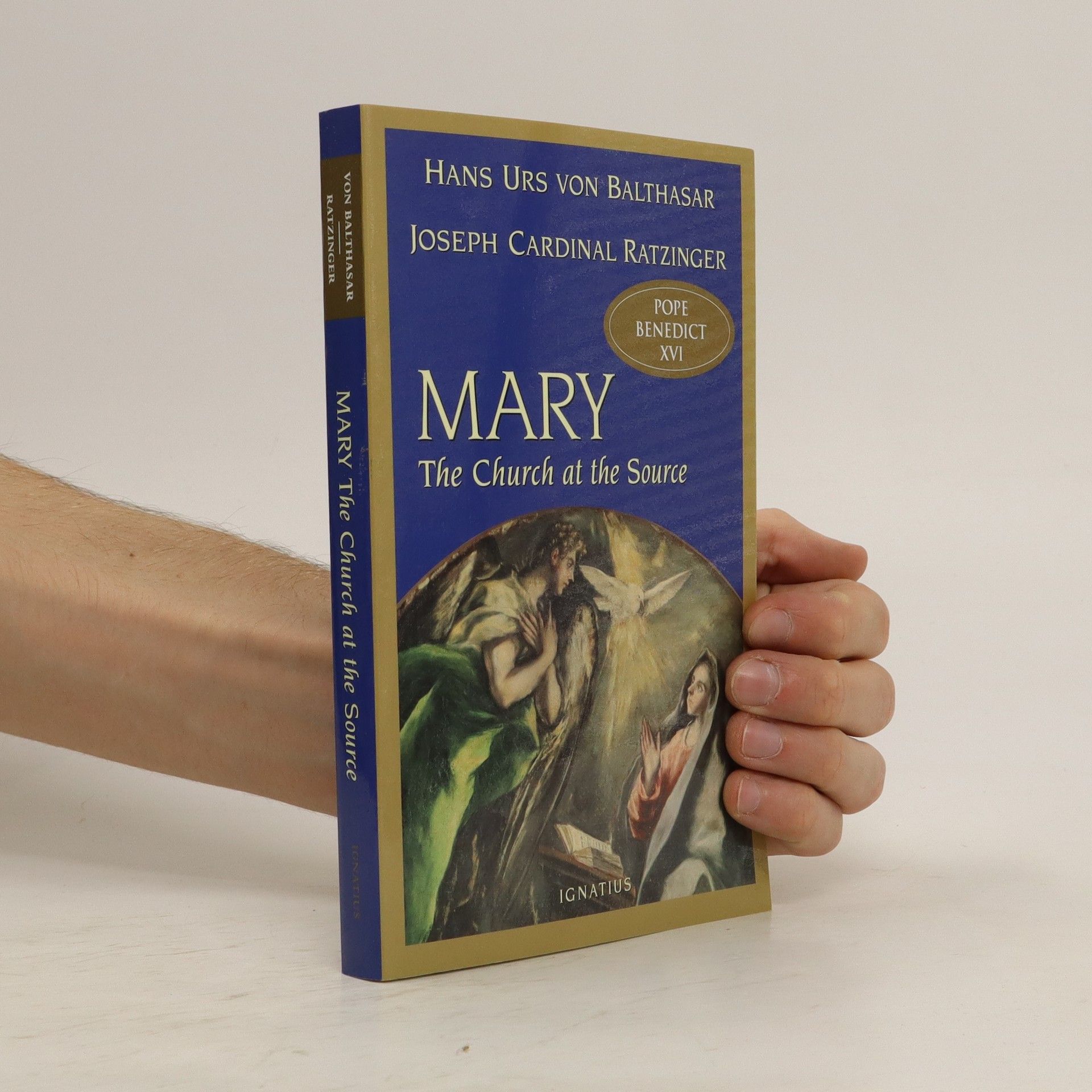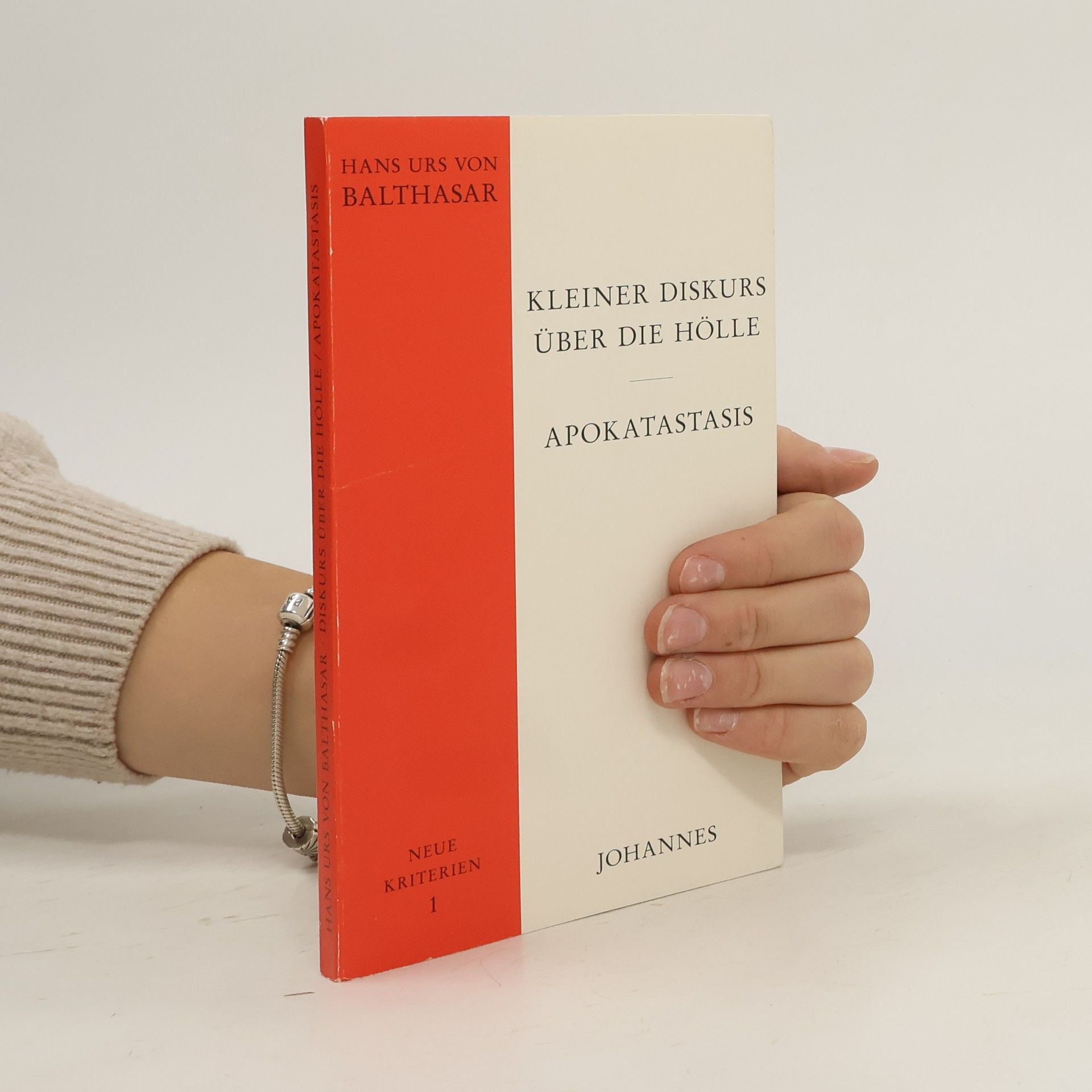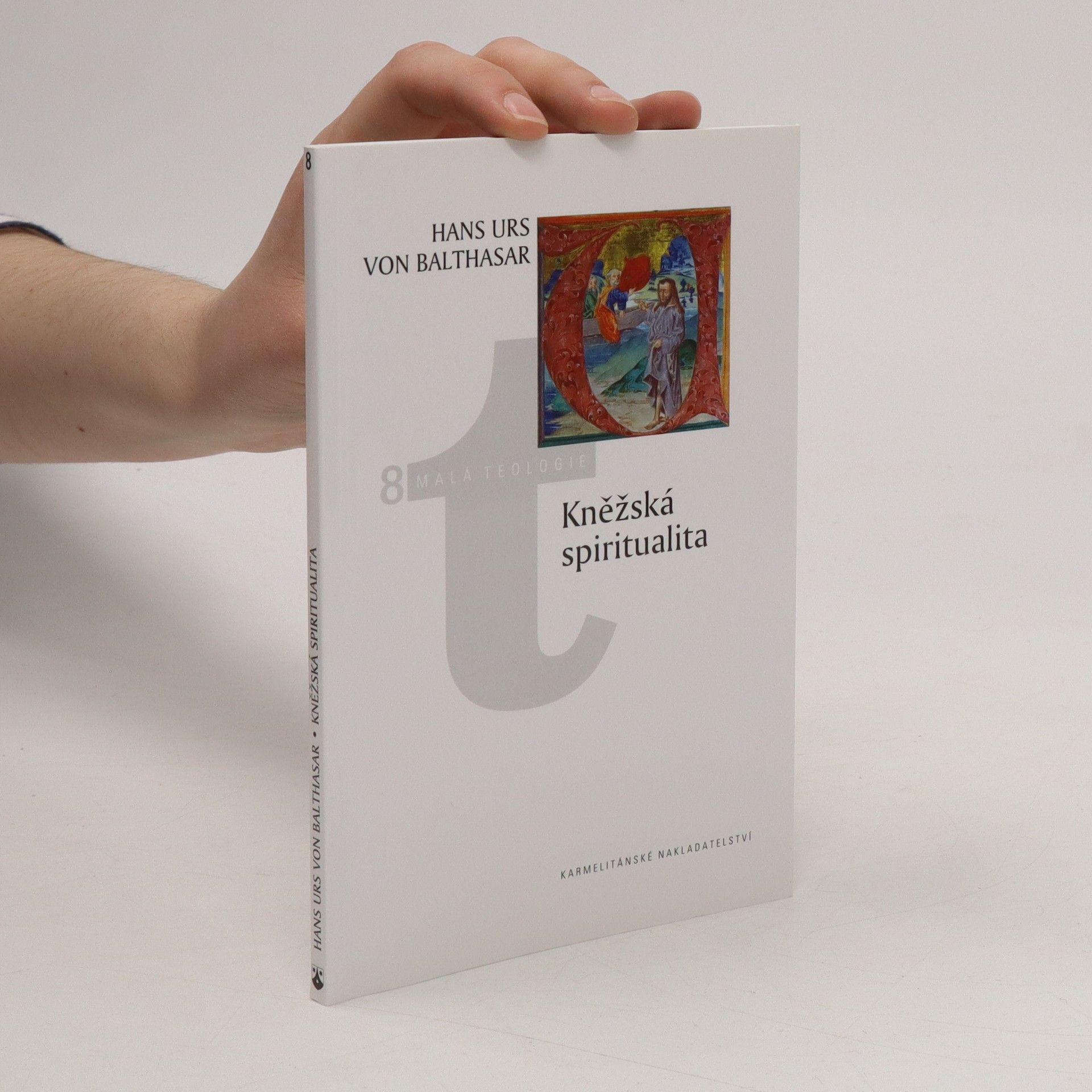Apokalypsa německé duše - Studie k nauce o posledních postojích / Svazek 1. Německý idealismus
- 808 pages
- 29 hours of reading
První svazek rozměrné trilogie, která v předvečer druhé světové války (1937–1939) přinesla syntetizující pohled na vývoj moderní německé literatury a filozofie z hlediska proměn eschatologického myšlení. První díl se soustředí na epochu osvícenství a romantismu a jako jejich hlavní rys vykládá posuny křesťanské eschatologie směrem k „prométheovskému principu“, k imanentizujícímu a subjektivizujícímu pojetí vztahu mezi lidským duchem, přírodou, dějinami a božstvím. Spis má navzdory tematické šíři (od Lessinga či Herdera přes romantiky a idealisty až po Wagnera a Nietzscheho) sevřenou interpretační povahu a představuje vyrovnání s moderním německým myšlením, jak se rozvíjelo ne v teologických spisech, nýbrž v poezii a filozofii.








